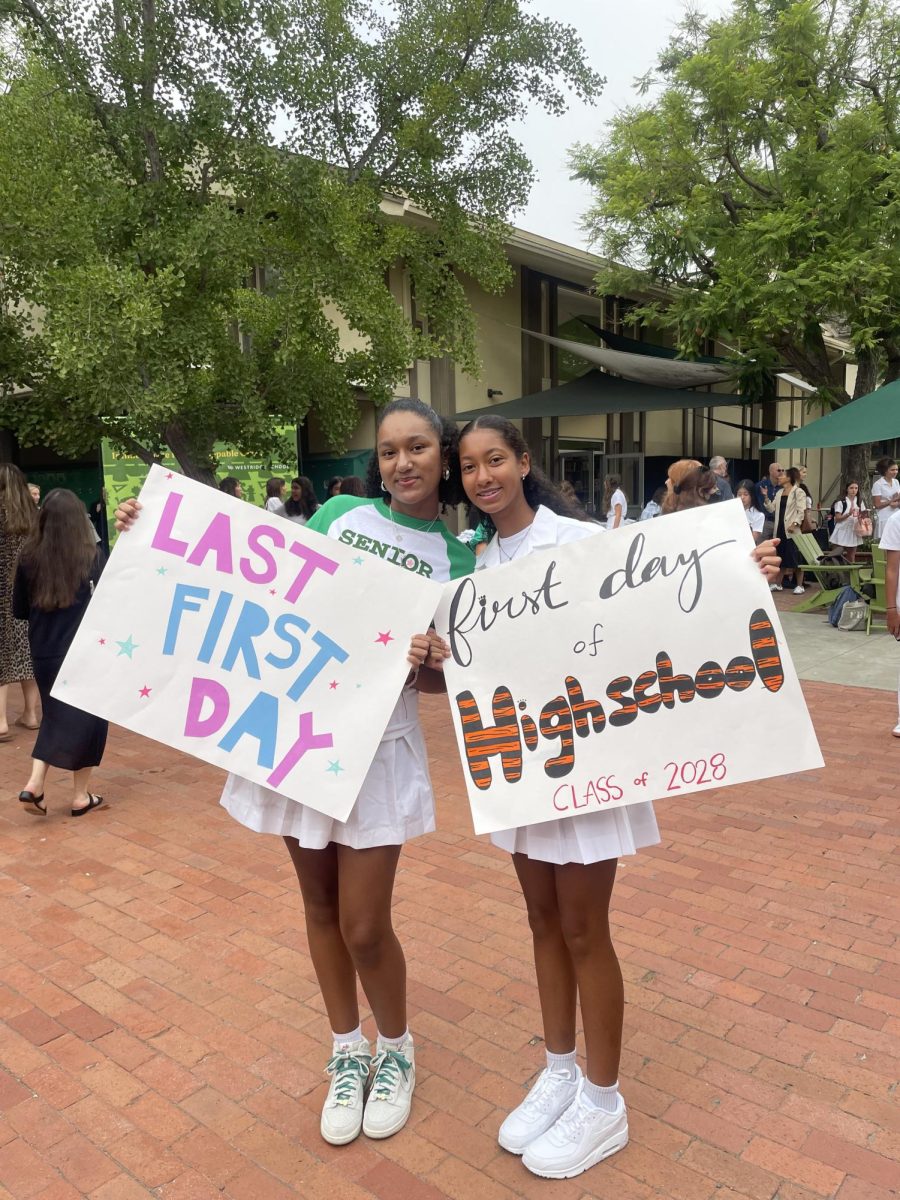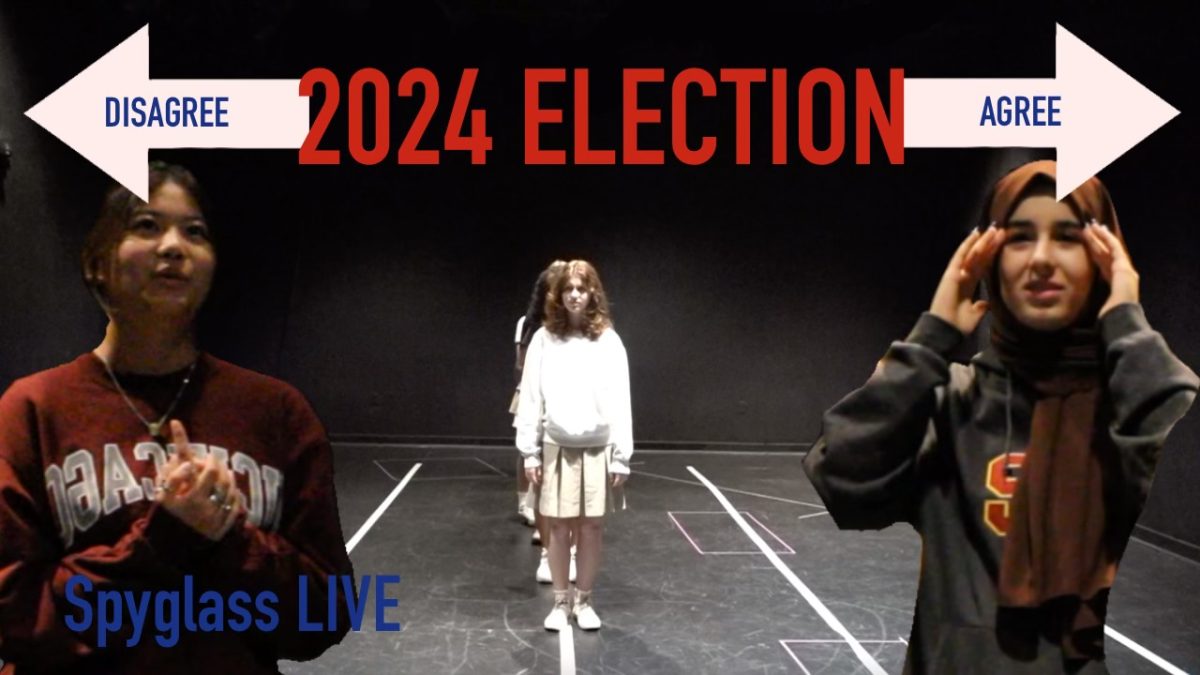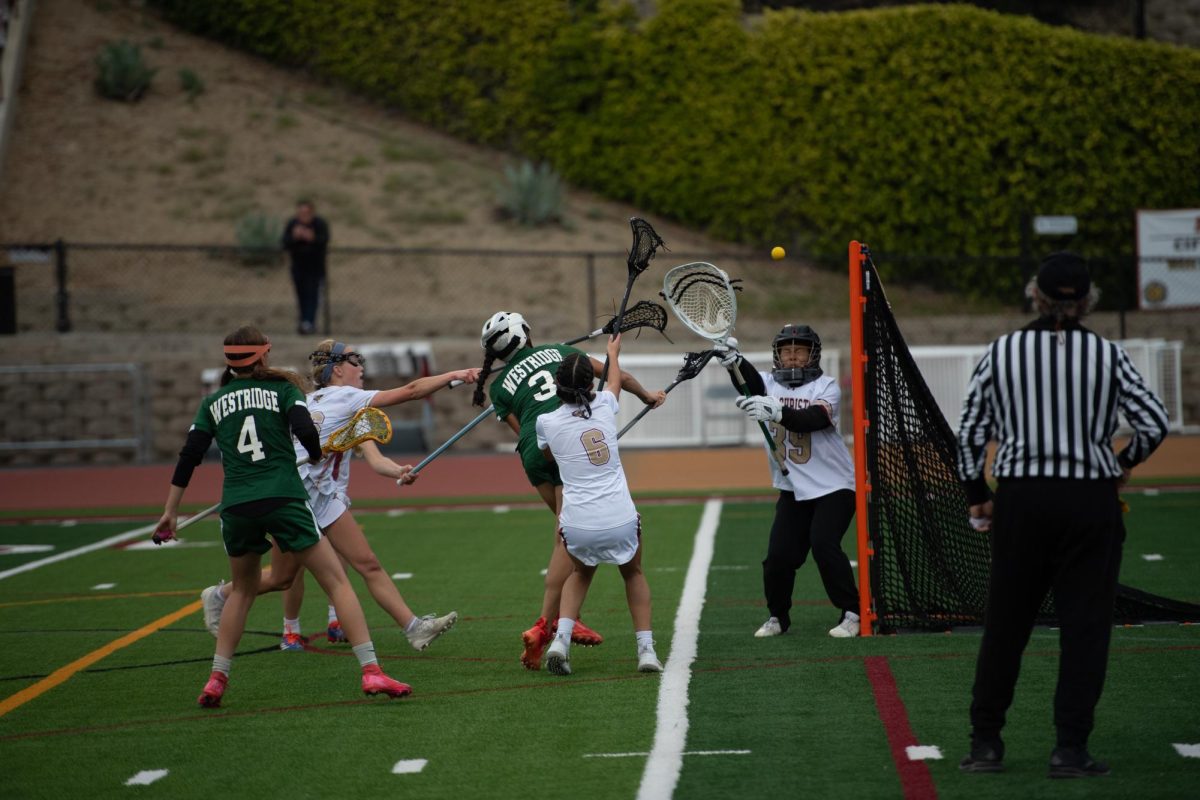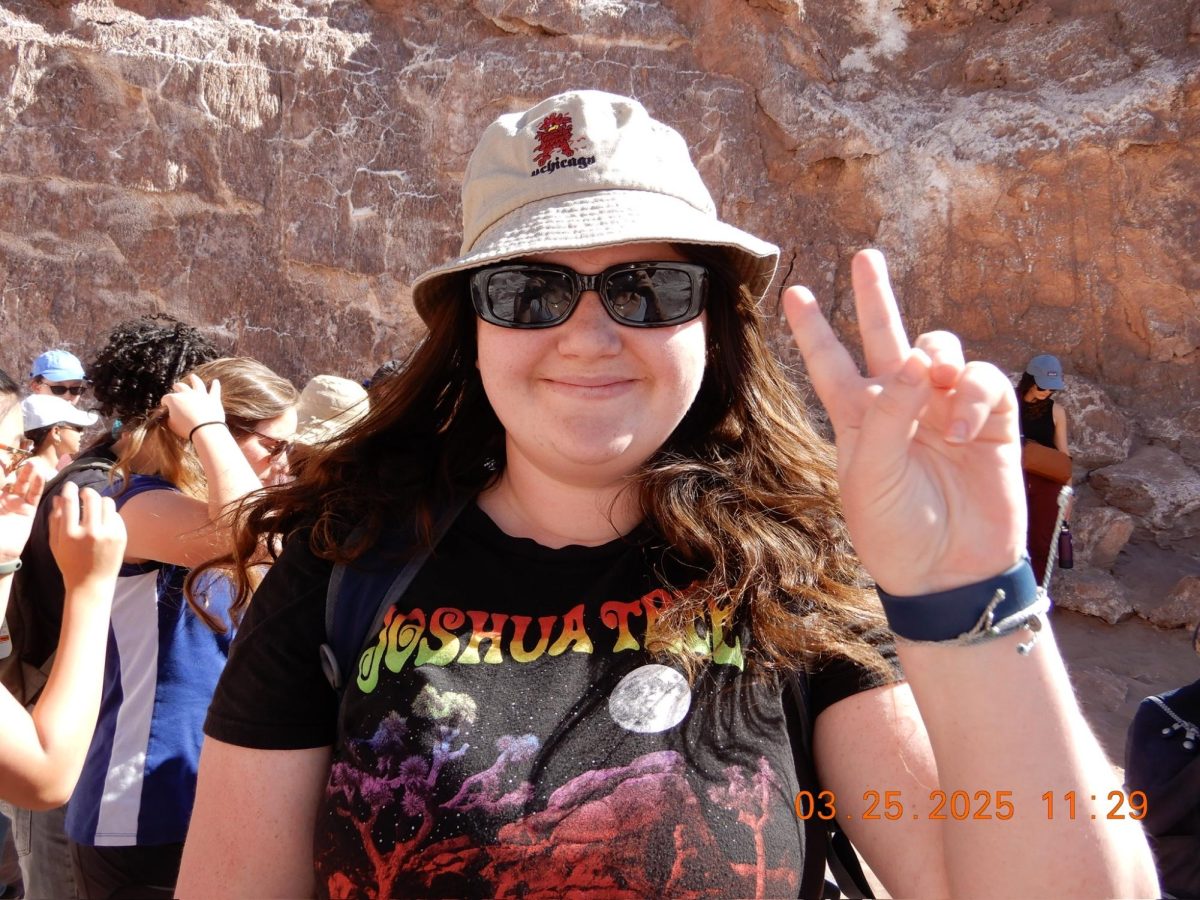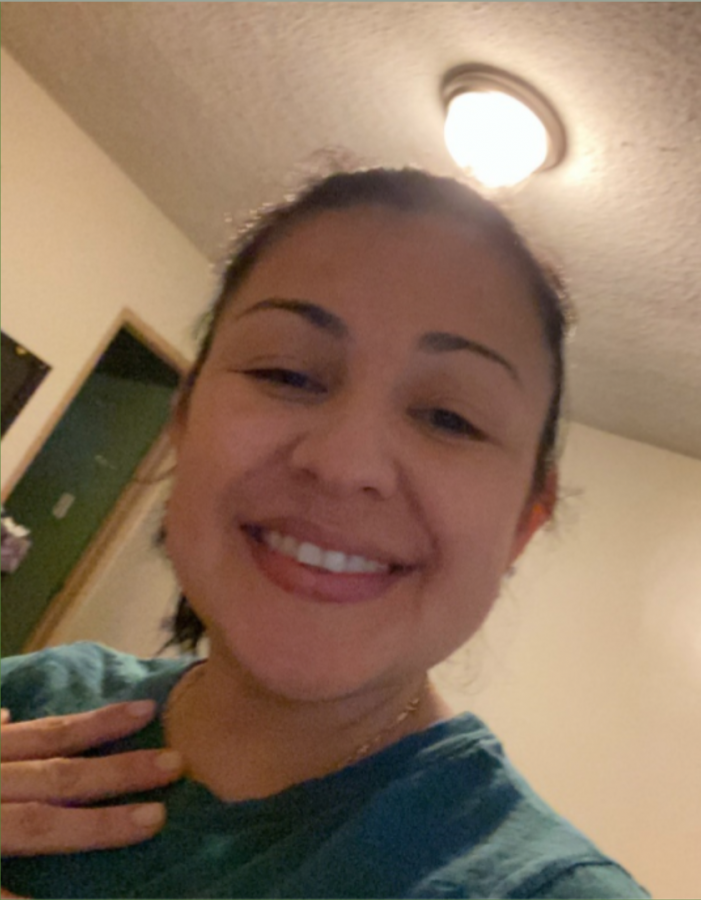A Risk for Change
Wendy Guzman, 40, immigrated from El Salvador
She sat from the couch across from me. I hadn’t seen her in ages. Both of us grinned as we shifted into the cushions. Wendy had been my babysitter ever since I was 6 months old. She’s seen me grow and mature, she knew my entire story. Now, today was my turn to know hers.
Originally from El Salvador, Wendy was 25 when she came to America. The year was 2005, and her husband was already in California. She smiles as she recalls how young her children were at the time. The subtle shimmer in her eye transitions to slight concern. Her home had become unsafe, especially for the children. At the time, the gang Mara Salvatrucha 13, more commonly known as MS-13, had spread to El Salvador. It was an extremely vicious gang, and with dangers such as general violence to extortion and drug trafficking, El Salvador became one of the deadliest places to live.
She straightened her posture while her unease faded. “This is the country of opportunities for those who want to grow and make a better life for themselves,” she told me. “It gives you everything. You can have a really good job, no matter if you are an immigrant. And the kids. They needed a good education, a good future.” Going to America gave her and her family the chance to live away from fear, away from gangs and crime, and towards safety and freedom.
She rolled her shoulders, and at last, took me on her journey.
With the help of a “coyote”—a person who smuggles Latin Americans across the U.S. border, typically for a high fee—Wendy, her 5-year-old daughter Gabriella, her 6-month-old son Rodrigo, and her brother were able to travel illegally. The coyote oversaw hotels, meeting places, and the entrances through borders. For each person, it cost $6,500 to get to America. They had to cross the Guatemalan border, the Mexican border, and the American border.
“It was dangerous in all ways possible,” Wendy said. “Especially when we had to get through Mexico.” Mexico meant the cartel. If an immigrant were to be caught by the cartel, their children and women would be taken away and sold. I held my breath as I waited for her to continue; I had read articles and seen documentaries on the cartel. It felt so distant, but hearing it come from someone I knew and loved made me realize how real it was. Wendy must have noticed my apprehension, for she chuckled while reassuring me that no one had been taken.
But before I knew it, I was holding my breath once more, this time with my feet tapping rapidly on the carpet.
On the last day of their trip, day 12, the coyote made them walk to another pick-up spot. They were in the middle of the desert, in Phoenix, Arizona, at night. Wendy had lost her sandals on the way there, and she was beginning to freeze. In addition to that, they had barely eaten anything. They needed the coyote soon, she had given her son his last bottle of milk, and she was only getting colder.
Fortunately, the coyote arrived to take them, but only after Wendy passed out. The last thing she remembers before then was her brother, saying, “She’s everything to me…”
“It was a risk we had to take,” she said, fiddling with her fingers. “A risk for change.” There were a few seconds of silence, and I looked up from my notepad, in awe. I struggled to wrap my mind around the possibility that she might not have made it, but it was nearly impossible. I was overwhelmed with gratitude for her presence, just being able to sit across from her. Barely, I squeaked, “And you’re alive!”
“Yes!” Wendy beamed. “I don’t regret a thing.”
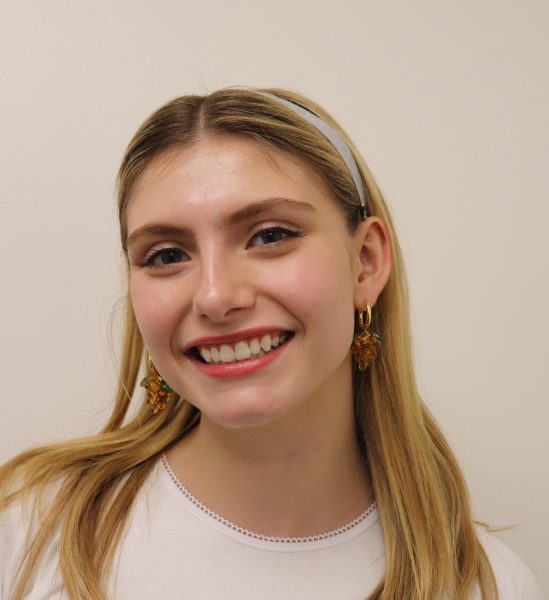
Arden is a junior in her very first year of writing for Spyglass. When she’s not working (or procrastinating), she enjoys singing, playing her saxophone,...




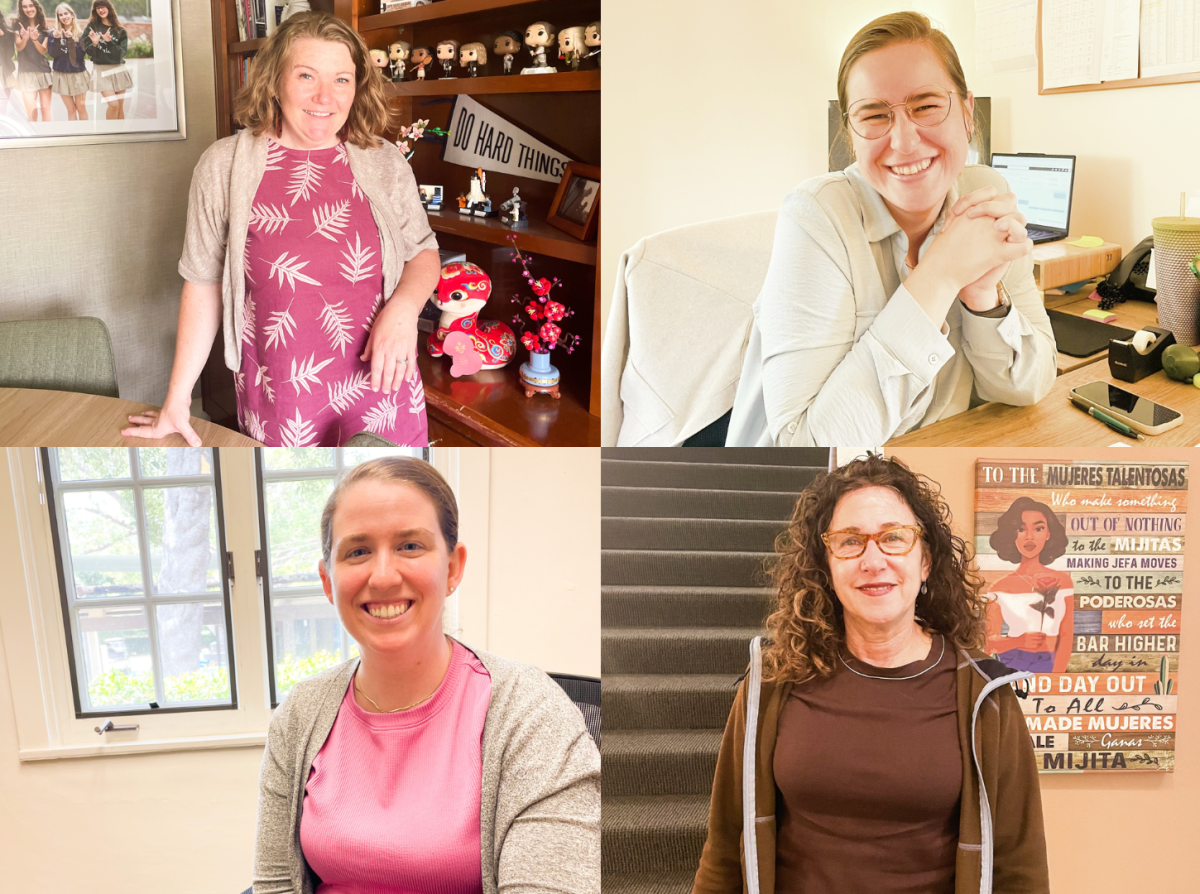
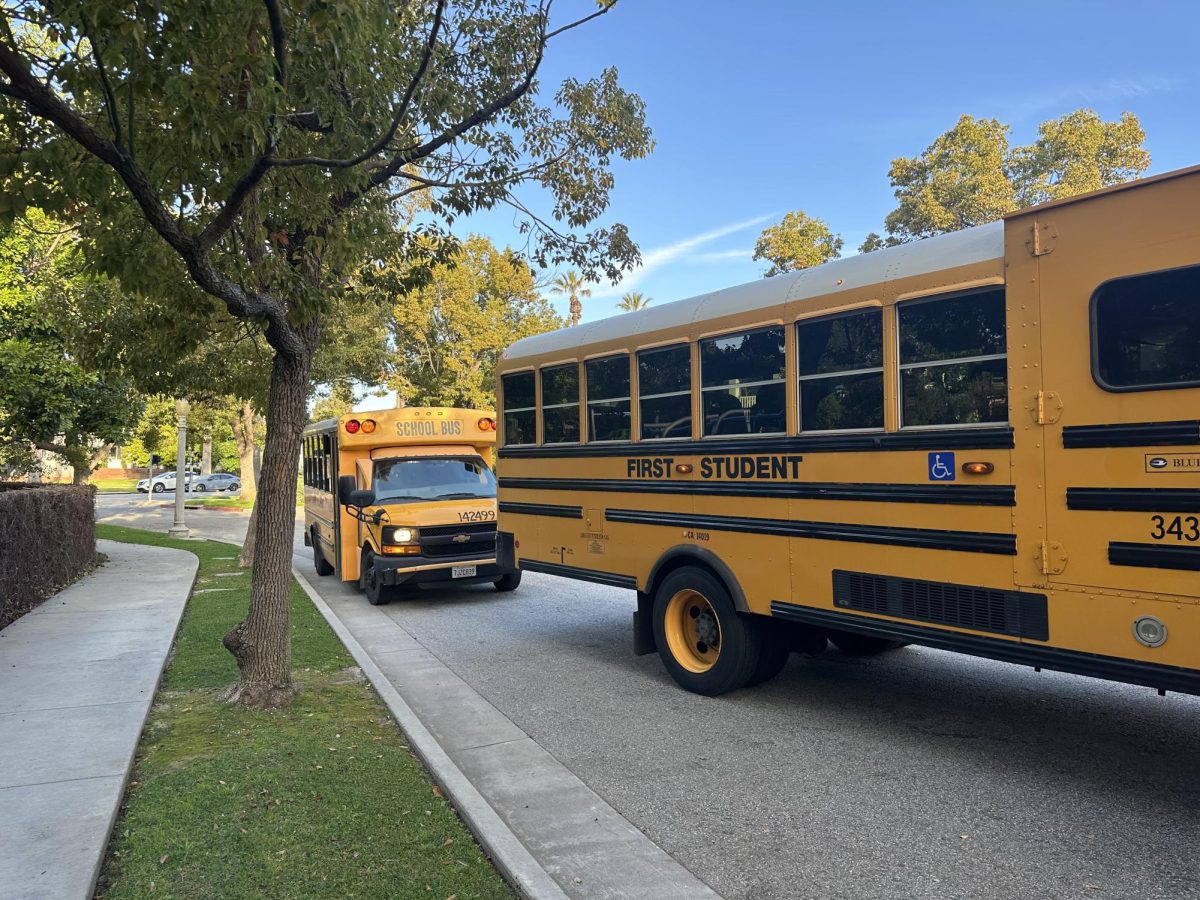


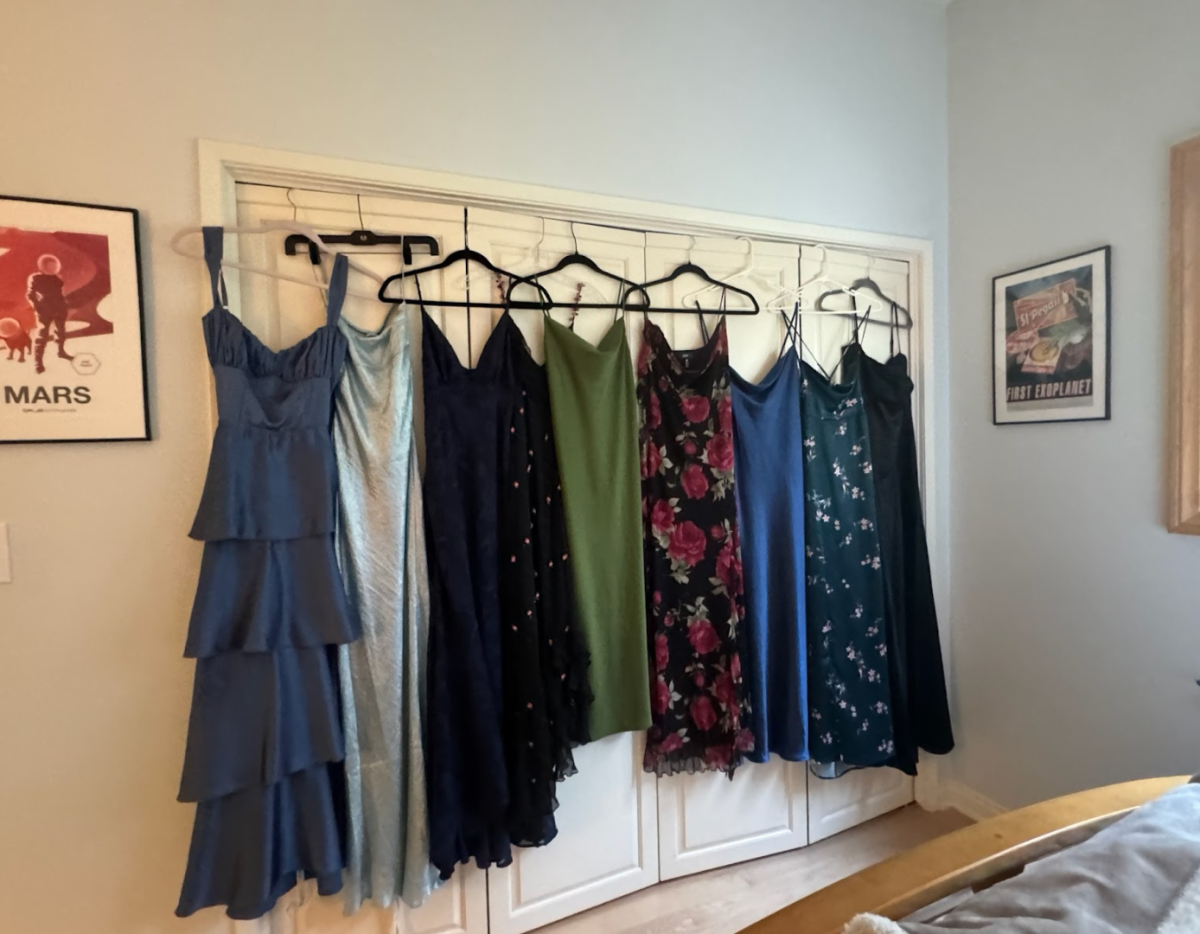








![Dr. Zanita Kelly, Director of Lower and Middle School, pictured above, and the rest of Westridge Administration were instrumental to providing Westridge faculty and staff the support they needed after the Eaton fire. "[Teachers] are part of the community," said Dr. Kelly. "Just like our families and students."](https://westridgespyglass.org/wp-content/uploads/2025/03/dr.-kellyyy-1-e1748143600809.png)








